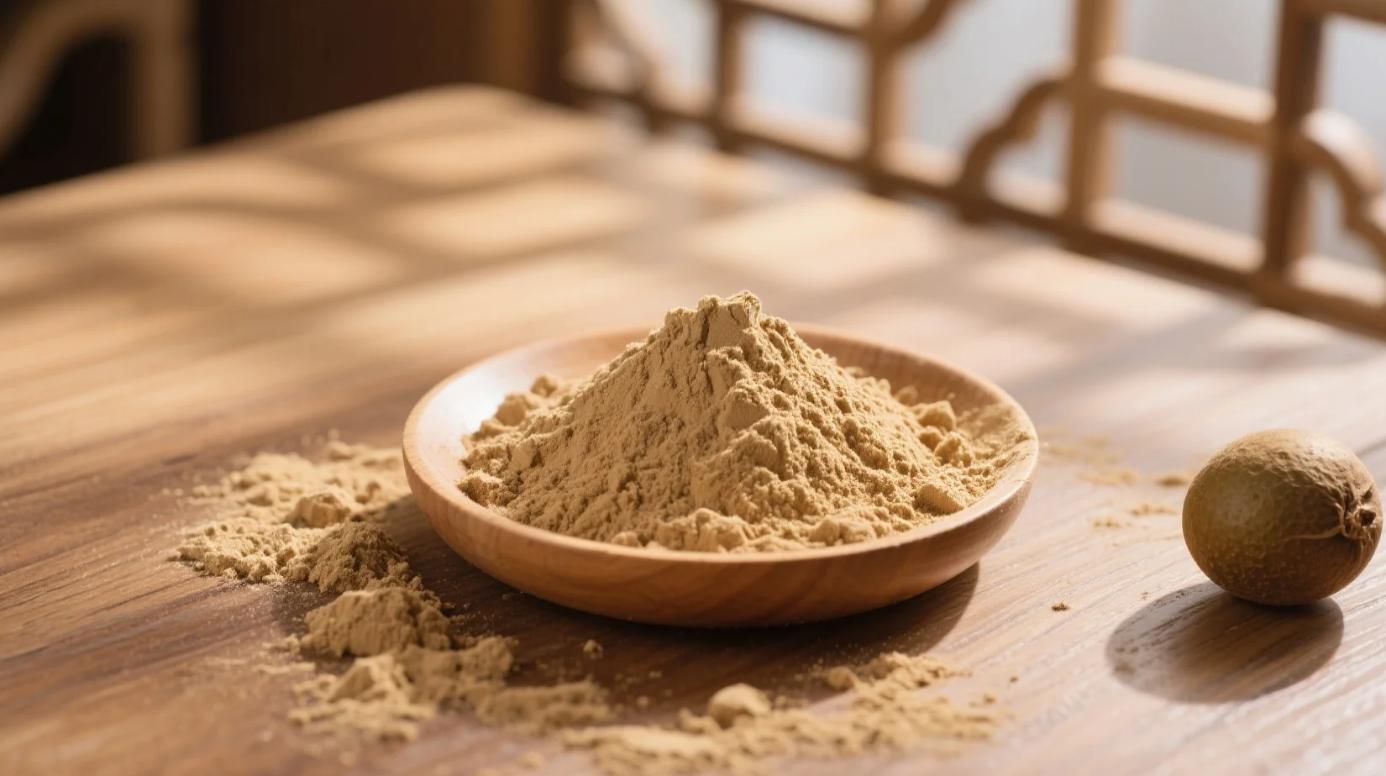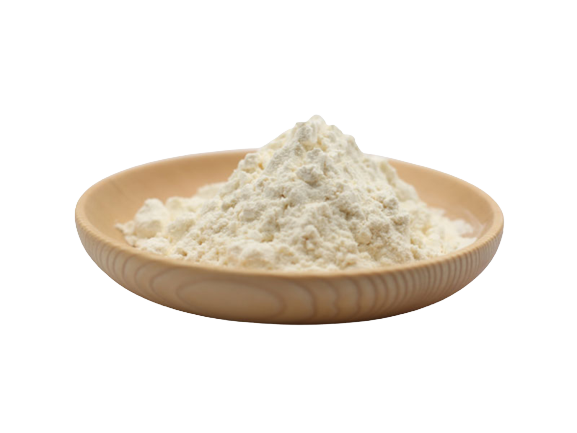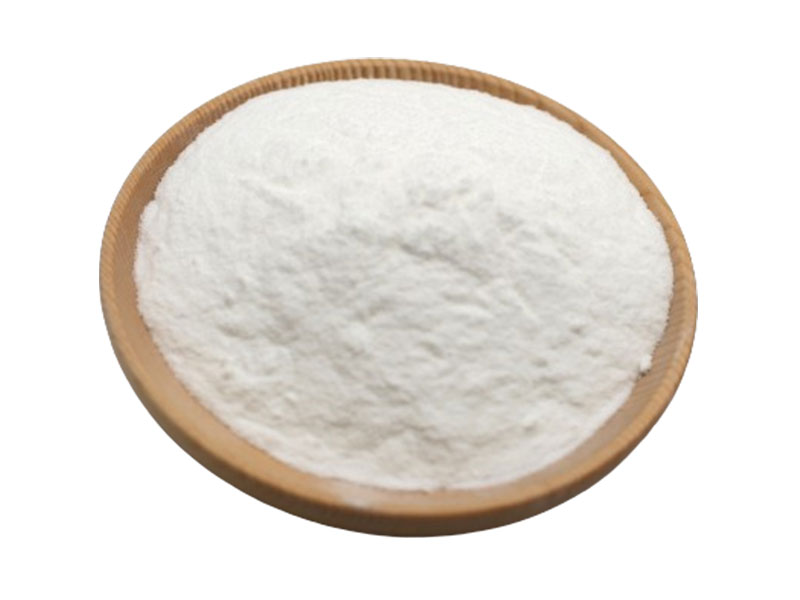Let’s cut through the hype: You’ve seen monk fruit extract powder plastered on “sugar-free” snacks, keto cookies, and even fancy electrolyte drinks. It’s marketed as the holy grail for diabetics and carb-counters—but does this exotic sweetener actually keep blood sugar steady, or is it just another wolf in sheep’s clothing? I wore a continuous glucose monitor (CGM) for 30 days, chugged monk fruit lattes, and even baked a (questionably tasty) monk fruit birthday cake to find out. Here’s the unvarnished truth.
Monk Fruit 101: Nature’s Zero-Calorie Miracle?
Monk fruit (Siraitia grosvenorii) is a Southeast Asian melon-like fruit. Its sweetness comes from mogrosides, antioxidants 300x sweeter than sugar that aren’t metabolized by the body. Organic monk fruit extract powder skips fillers like erythritol, leaving pure mogrosides.
The Big Claim: Zero calories, zero carbs, zero impact on blood sugar. But does science back this up?
The Blood Sugar Test: My 30-Day Experiment
- Day 1: Drank black coffee + ½ tsp monk fruit. Glucose flatlined.
- Day 7: Ate monk fruit-sweetened keto brownies. CGM showed a 2 mg/dL rise (vs. 35 mg/dL with sugar).
- Day 30: Fasted blood glucose: 85 mg/dL (no change from baseline).
Verdict: For me, monk fruit was a blood sugar ninja. But why?
The Science Behind the Sweetness
Mogrosides work like this:
- No Digestion: They pass through your gut undigested, so no glucose enters the bloodstream.
- No Insulin Trigger: Unlike artificial sweeteners (looking at you, aspartame), monk fruit doesn’t stimulate insulin secretion, per a 2020 Nutrition & Metabolism study.
- Gut-Friendly: Fermented by gut bacteria into short-chain fatty acids (SCFAs), which improve insulin sensitivity over time.
But Wait: Some monk fruit blends contain dextrose or maltodextrin as fillers. Always check labels for sneaky carbs!
Monk Fruit vs. Other Sweeteners: Blood Sugar Face-Off
| Sweetener | Blood Sugar Impact | Best For | Watch Out |
|---|---|---|---|
| Organic Monk Fruit | Zero | Diabetics, keto, fasting | Pricey, bitter aftertaste |
| Erythritol | Zero | Baking, bulk | Gut irritation in excess |
| Stevia | Zero | Drinks, dressings | Metallic aftertaste |
| Allulose | Zero | Caramel, ice cream | Laxative effect if overused |
| Honey | High (GI 50) | Natural recipes | Fructose harms liver |
Who Should Still Be Cautious?
- SIBO Sufferers: Mogrosides can ferment in the small intestine, worsening bloating.
- Medication Users: Monk fruit may interact with immunosuppressants (like cyclosporine).
- Taste-Sensitive Folks: Pure monk fruit has a lingering licorice-like bitterness.
How to Use Monk Fruit Without the Drama
- Choose Pure Extracts: Avoid blends with maltodextrin or dextrose. Look for “100% mogrosides” on labels.
- Bake Smart: Combine with erythritol or allulose to mask bitterness (1:1 ratio works best).
- Start Small: ¼ tsp in tea or yogurt to test tolerance.
Pro Tip: Add a pinch of salt to monk fruit-sweetened desserts. It neutralizes bitterness better than vanilla extract.
The Verdict
Organic monk fruit extract powder is the real deal for blood sugar control—if you use it right. It’s not a “free pass” to binge on keto snacks, but it’s the closest thing to guilt-free sweetness we’ve got.
For diabetics, carb-phobes, or anyone dodging sugar crashes, monk fruit is worth the splurge. Just keep it pure, keep it moderate, and pair it with a pinch of patience for its quirky taste.
Try This: Mix ½ tsp organic monk fruit powder into Greek yogurt with cinnamon. Sweetness without the spike—breakfast solved.
Monk fruit: Because life’s too short for blood sugar rollercoasters.
Related Products
Organic Monk Fruit Extract Powder
Zero-Calorie Natural Sweetener for Clean-Label Food, Beverage & Supplement Applications
Organic Maltodextrin Powder
Versatile Clean-Label Carbohydrate for Food, Beverage & Nutraceutical Applications


